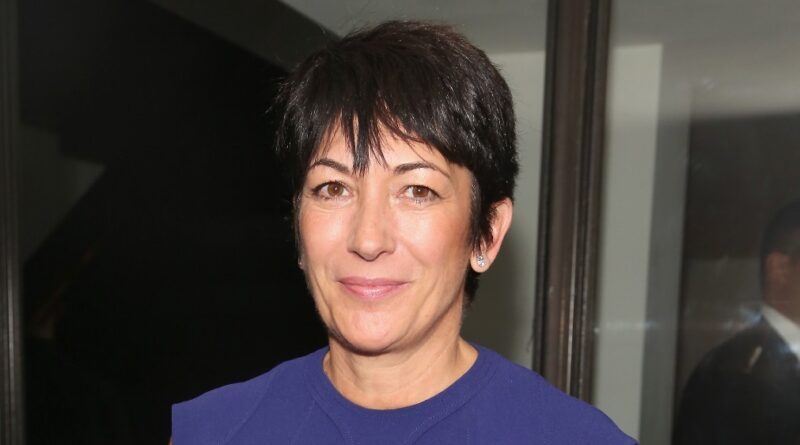Ghislaine Maxwell vs. Justice Department: Intense Interrogations Continue
High-ranking Justice Department official, Todd Blanche, concluded another day of interrogation with Ghislaine Maxwell, who held a notorious role in the Jeffrey Epstein scandal. These interrogations, part of the ongoing investigation into Epstein’s activities, took place in Tallahassee, Florida. Maxwell, once a prominent British socialite, is currently serving a 20-year term for her involvement in Epstein’s sexual abuse of adolescent girls. David Markus, the attorney representing Maxwell, indicated that she had responded to all inquiries from the government, a number totaling approximately 100 separate individuals.
Public scrutiny on the US government is heightening, with escalating demands for the release of further details from the Epstein investigation. The Justice Department, under the Trump administration, is resisting these calls. This resistance has provoked a considerable backlash, as many believe that full transparency is needed to understand the depth and breadth of activities connected to Epstein’s case.
In Florida, a recent attempt in court by the Justice Department to reveal sealed grand jury evidence from 2005 and 2007 investigations into Epstein, was declined by a federal judge. The evidence was part of the lengthy and complex Epstein case that ended abruptly with his suicide in a Manhattan jail cell in 2019, while he was on trial for sex-trafficking charges. The surprising end to Epstein’s case amplified the controversy surrounding the investigations.
Maxwell, implicated in Epstein’s operation, is attempting to reverse her conviction and has submitted an appeal to the Supreme Court. This legal battle is being conducted despite a firm opposition from the Justice Department. David Markus, Maxwell’s attorney, believes that a mitigation of Maxwell’s sentencing is warranted in light of the circumstances surrounding her case.
Interestingly, during her trial, Maxwell chose not to testify, although she underwent a deposition in 2016 for a civil lawsuit brought by one of Epstein’s victims, Virginia Giuffre. The deposition’s transcripts show that Maxwell fervently denied any involvement or knowledge of Epstein’s criminal activities against minors. She was completely averse to any conversation about her suspected involvement in adult sexual misconduct.
Just before her most recent encounter with a senior Justice Department official, Maxwell’s petition to reverse her conviction was presented to the Supreme Court. The Justice Department responded with a formal request to the Supreme Court to dismiss her appeal. Her defense team had claimed that an immunity agreement previously reached between Epstein and federal prosecutors in Florida inherently protected her from being charged with crimes. They argued that this agreement invalidated her conviction.
The Justice Department, in its written appeal against Maxwell’s plea to the Supreme Court, dubbed her argument ‘misconceived’ and ‘unrealistic’. This upcoming autumn, the Supreme Court Justices will determine whether to proceed with her appeal. The decision promises to add a new layer to the complexities of the Jeffrey Epstein case.
According to the charges, Maxwell acted as Epstein’s accomplice, aiding in the recruitment, grooming, and subsequent abuse of minors between roughly 1994 and 2004. Victims of this heinous operation included girls as young as 14. The legal repercussions of these accusations culminated in her arrest in July 2020.
Originally, Maxwell was indicted on the grounds of consorting to lure and transport minors for illicit sexual activity and was directly implicated in these criminal behaviors as well. Charges of perjury were also listed in her initial indictment. Later in the judicial process, Maxwell faced additional accusations related to sex trafficking.
For the past three years, Maxwell has been held at FCI Tallahassee, a female prison with low-security measures. The facility has become a topic of public discussion after numerous reports of appalling living conditions and a significant lack of staff. Her extended stay in such conditions has been another controversial aspect of her case.

